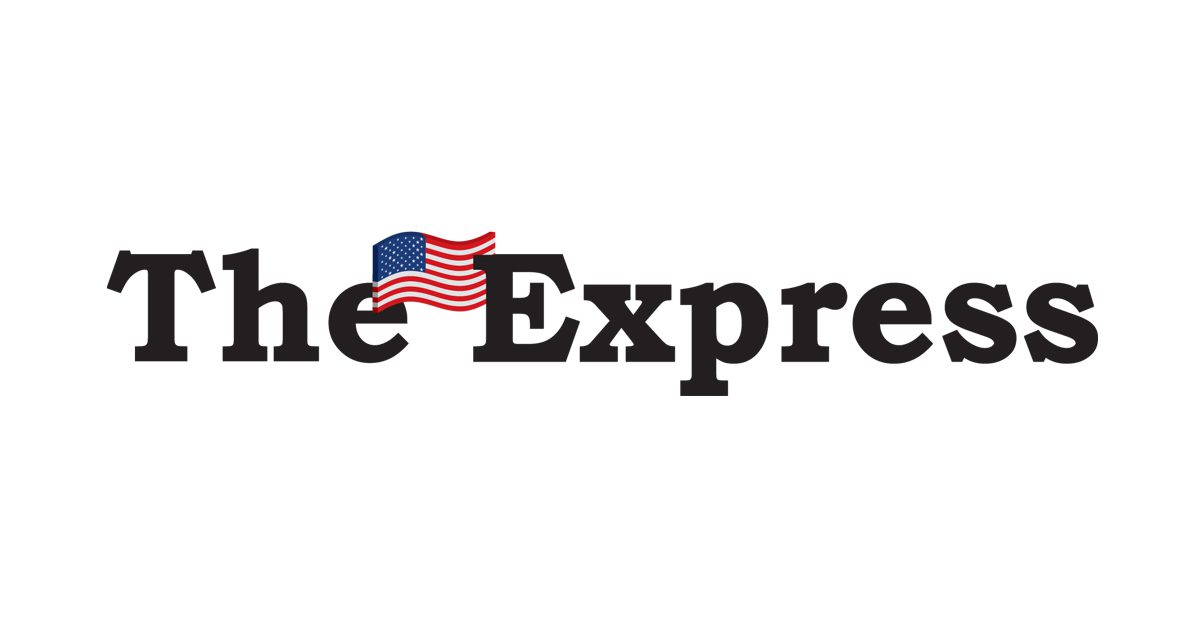More on managed care insurance hearing aid benefits – Lock Haven Express

The managed care of health insurance benefits is not a new concept.
A managed care company is a third-party company the insurance company uses to assist patients with specific benefits in an attempt to keep their (the insurance company’s) costs as low as possible. Managed care in the hearing aid marketplace has become an enormous factor in ten short years.
When I began my business a decade ago, almost no one had hearing aid benefits on their major medical policies, and no one had any benefits through Medicare supplemental coverage. Today 65% of all health insurance policy holders have some hearing aid benefits and 45% of Medicare plans offer hearing aid benefits too.
As insurance companies were affected by the growing demand for hearing aid coverage, primarily by the baby boomers getting to the hearing-impaired age bracket, managed care of those benefits has come to be the industry standard. This means, if your insurance company uses managed care, you cannot go out of network and use a dispenser who is not in that network.
It also means the managed care group will guide you to their dispenser, set the product options, and most importantly the prices for hearing aids. The hearing professional then becomes a “fee for service” participant in the process.
The managed care model rapidly rose in favor with insurance companies because of the reality of very high prices.
One audiologist described it this way, “It should also be pointed out that, as someone who used to work for one of these entities, the shear existence of these programs is partially our fault. We vehemently refused to itemize or offer any form of price transparency. We failed to offer value-based or affordable solutions to consumers. We provided free evaluations and failed to routinely adhere to evidence-based care. And, finally, there were some of us who ignored our managed care agreements and played a dangerous insurance game where every hearing aid patient was pressured to pay for an upgrade; where we billed for hearing aids we had not fit and would not fit until payment was received; where we had the patient pay in full, upfront, even though they had a benefit; or where we charged the payer differently than we charged our general patient population. Insurers, employers, worker’s compensation plans, and, most importantly, consumers, got tired of the game and got tired of losing. Ultimately, they pushed for a lower-cost defined delivery system. Now, the main losers in the current game are the hearing healthcare providers.”
Not every hearing professional would agree with that author’s assessment and complaint. Those agreeing would be high-end price dispensers who cannot generally afford to be part of a managed care network because the fee for service from the managed care network is so much lower than what would be made in the profit margin of selling the hearing aids themselves.
For instance, I just heard from a new patient about a well-known regional health system with audiologists that will no longer accept her $1,500 hearing aid benefit from an even more recognizable heath insurance company in Pennsylvania. This is because that insurance company is now in a managed care administration and that practice has decided not to enroll in the managed care network.
There is another large and well-known health insurance company in our region that is not yet in managed care and honors out of network relationships with hearing aid dispensers. I will let you guess as to those company names. The practice that will no longer accept the patient’s coverage is sympathetic to the woman’s coverage but cannot function at the fee for service income as contrasted to the past profit margin their company has gotten used to.
Nor can they even access the benefit billing process any more without going through managed care. Sometimes the overhead of practices like this cannot absorb the price reductions and stay in business as big as they currently operate. The hearing aid dispensers who would not agree with the complaint of the article above are typically one man or family run practices who established a lower price model in the sale of hearing aids.
Typically, the managed care fee for service is only slightly under the profit margin per hearing aid sale and is welcomed business coming through their doors. Sometimes the lower priced dispenser has a dilemma with the managed care group having a higher priced than they normally sell at. The dilemma happens when a patient refers another patient who could be charged a different and slightly higher price, something that would be widely known quickly in a smaller community.
The four largest managed care groups administering hearing aid benefits are now involved with forty of the nation’s largest health insurance companies and number over one hundred million policy holders. If your plan is in managed care and you call your insurance company about hearing aid benefits, the operator will transfer your call to managed care, and you will not even know that you are not talking to the company you dialed. Managed care is great for the insurance company, the third-party managed care company itself, and usually for the consumer. It is not viewed warmly by the higher priced dispensers.
With lower priced dispensers, sometimes their retail prices are lower than the copay a patient would spend through their managed care network. It always pays to gain as much information as possible before making a decision about the purchase of hearing aids through managed care. Talk with your health insurance agent as most of the Medicare Advantage supplemental plans have hearing aid benefits.
— — — —
Jeffrey L. Bayliff is owner of Hear the Birds Hearing Aid Center, Lock Haven.
Today’s breaking news and more in your inbox







